"The fact that I'm alive came down to sheer luck," says Majzner, who now believes that survival carries with it a mission.
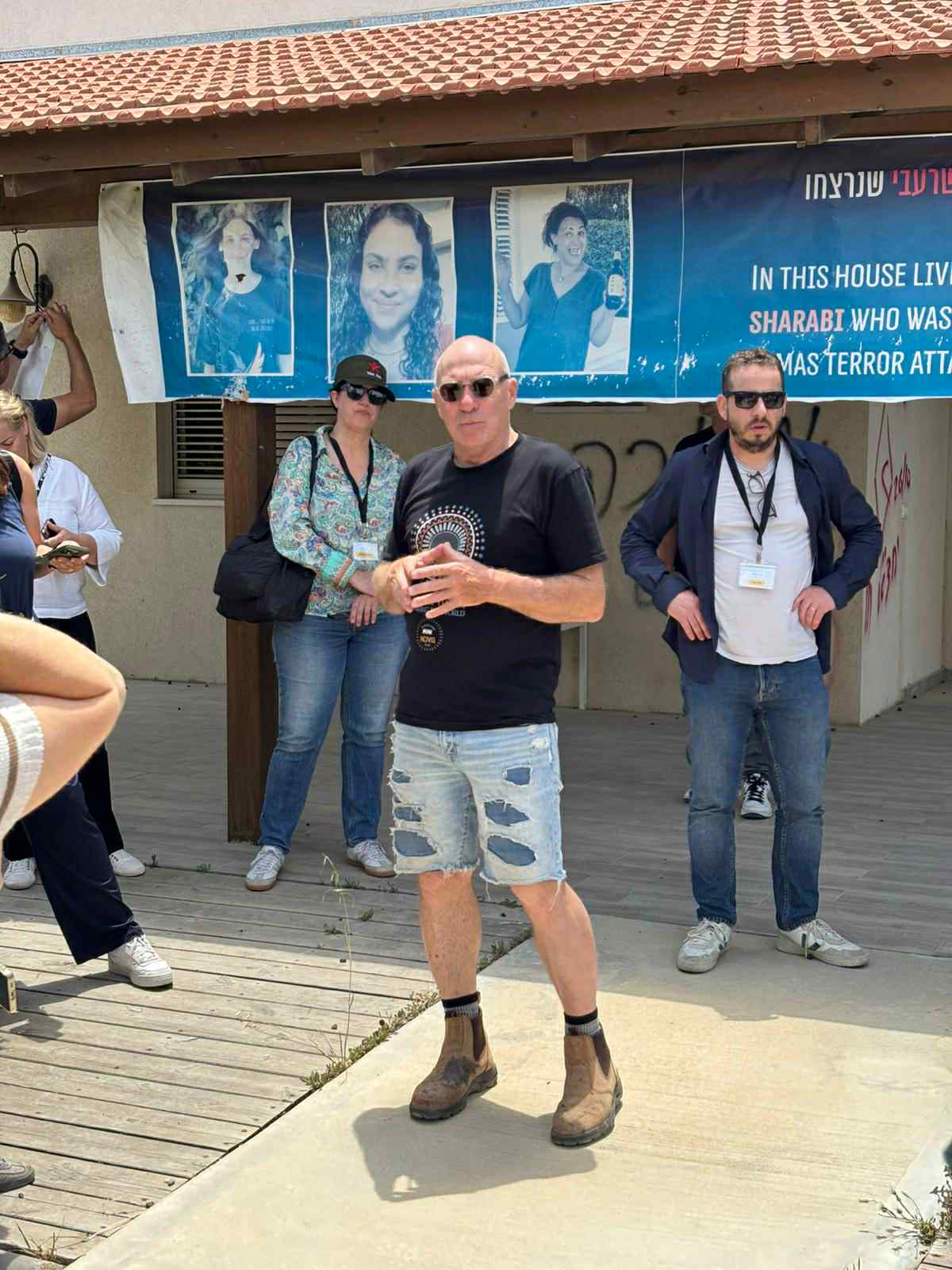
Hamas Attack: They Killed My Sister, Didn't Enter My House
It was just pure luck. Honestly. They passed by my house but didn’t enter. They burned, killed, and kidnapped the neighbors—but they didn’t go into my home
he recalled.
My children weren’t in the kibbutz at the time—another stroke of luck. My sister, Galit, was murdered in her house. I can consider myself fortunate that only one member of my family died. But there are families in the kibbutz who lost three, four or even five relatives in that single month to Hamas terrorists. So in some ways, I wasn’t lucky—but I did survive, and that’s what matters.
His young granddaughter and her mother also survived. They were hiding in a safe room with her partner during the attack.
The Worst Moment
The worst moment for me," Majzner said, "was when IDF soldiers came into my home and told me I had one minute to grab what I needed and leave. They escorted me and a few others to an area near the kibbutz. We could still hear grenades going off, the fighting between Hamas and the IDF. It was around 3 a.m.,
he related.
We saw the bodies of the terrorists lying on the roads. The smell of corpses hung in the air. Burned houses and cars surrounded us. We knew nothing at the time. We didn’t even know my sister had been murdered—it was only confirmed two days later. We knew there were many victims, but we didn’t know their names or numbers. It took days before we began to understand what had really happened.
Although Majzner survived, facing and coming to terms with the tragedy was incredibly difficult.
I was put up at a hotel near the Dead Sea with 800 members of my community. It felt like a zombie land. People walked around like zombies. I was a zombie. I didn’t want to see anyone. I stayed in my room the entire time, only coming out for dinner, then going right back,
he said, recalling those horrific days.
When they told me they’d identified my sister's body, I asked my son to come get me. I didn’t want to stay there anymore. I stayed at my father’s for about four weeks, then I spent around 13 months in the city. I only recently returned to Hatzorim, near Beersheba, where the community now lives,
he said.
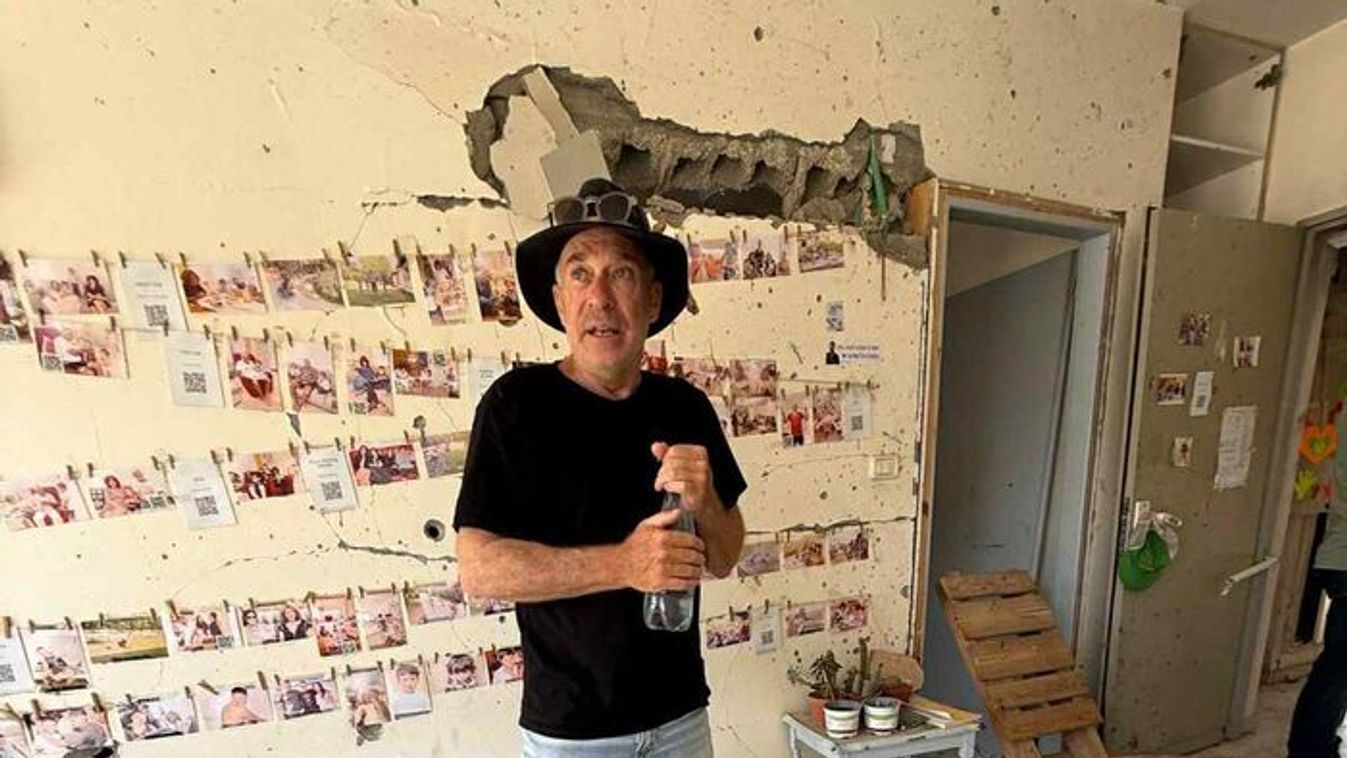
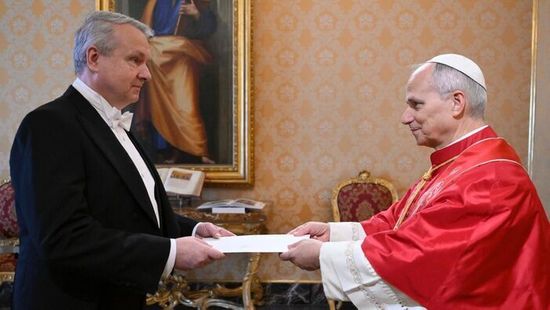
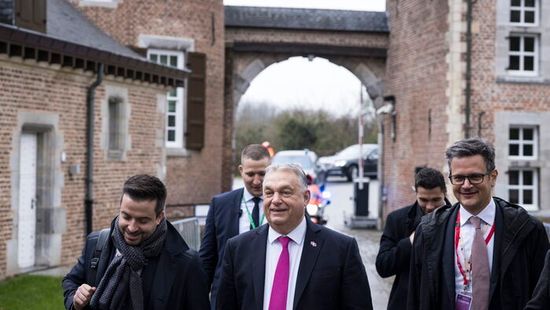
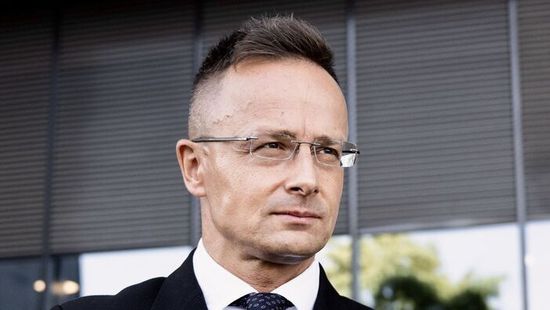
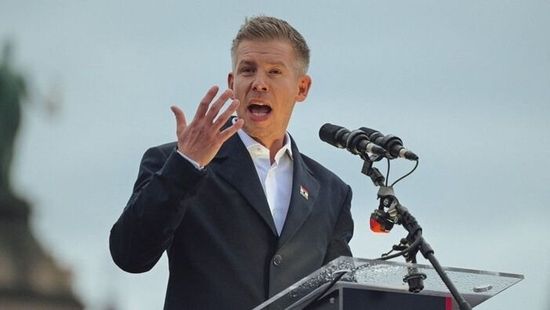


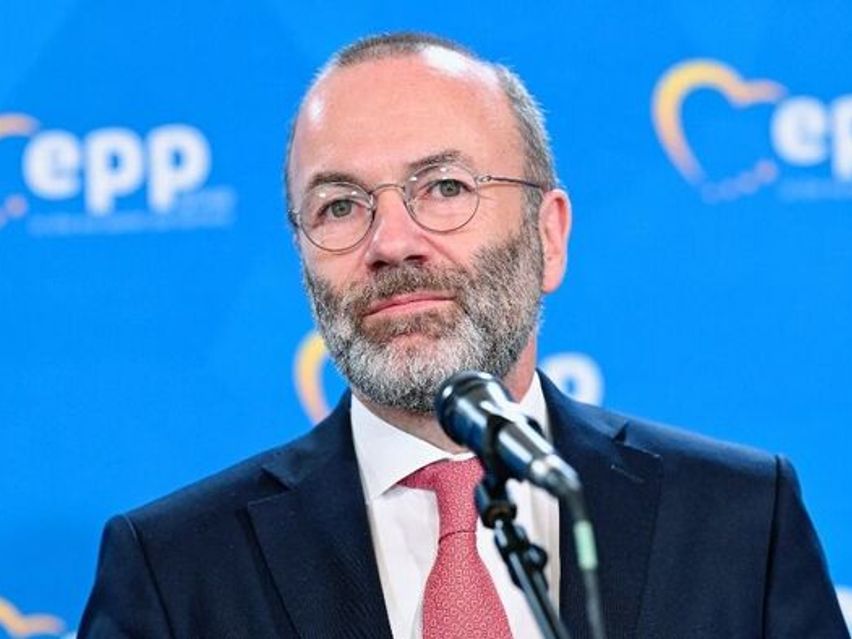
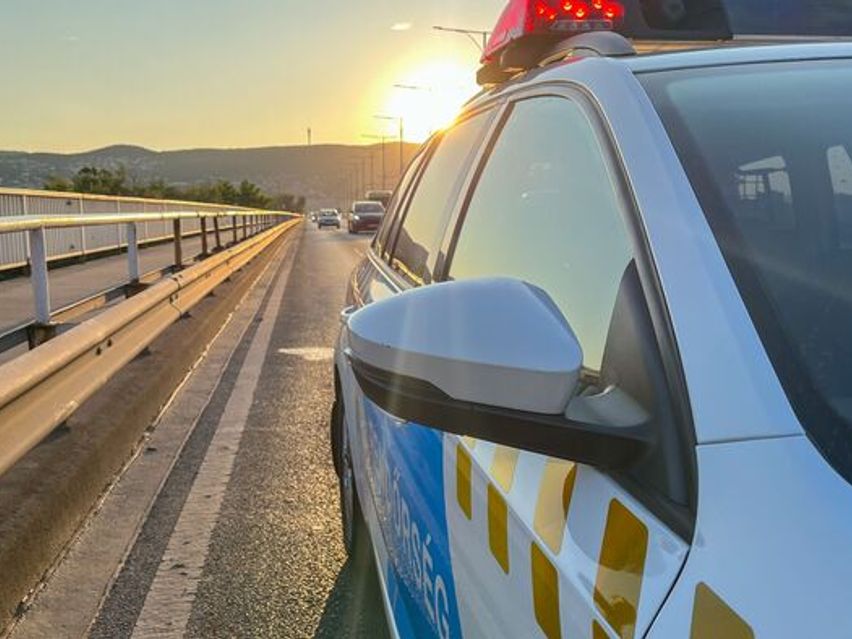
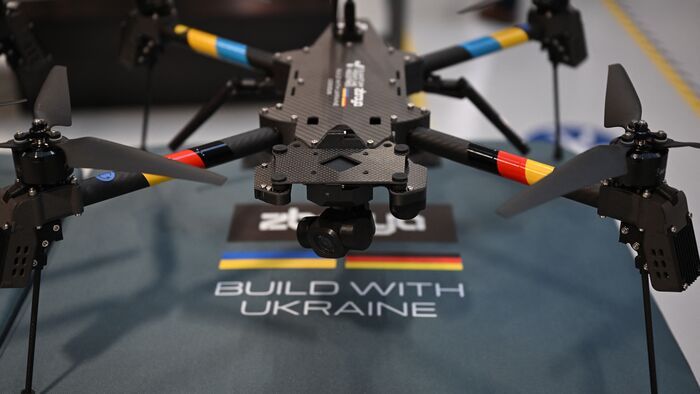

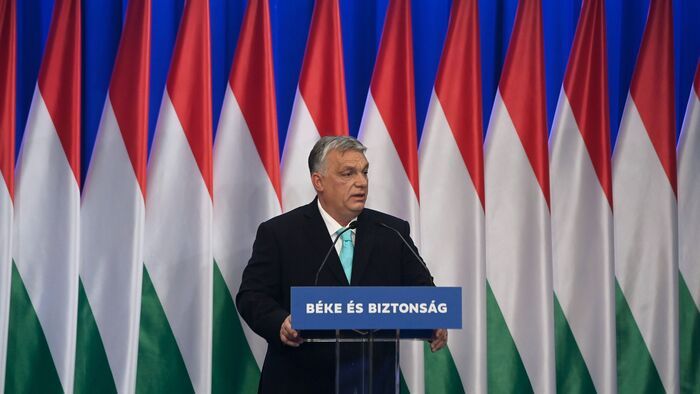
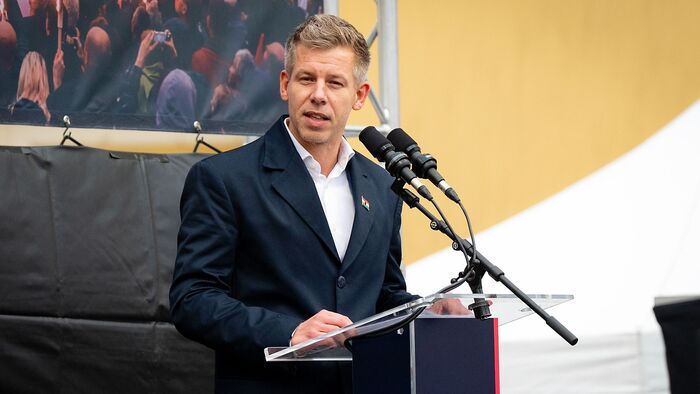
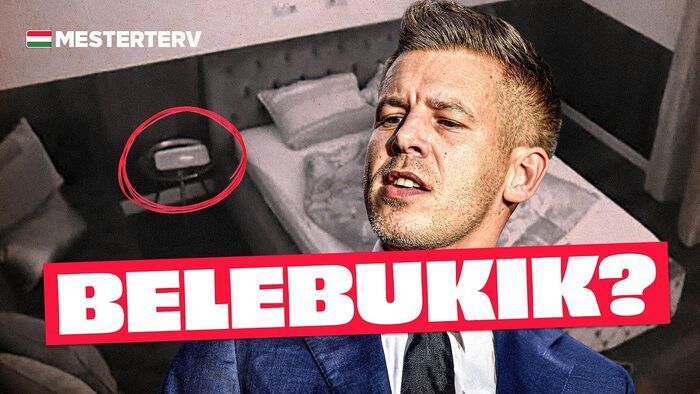
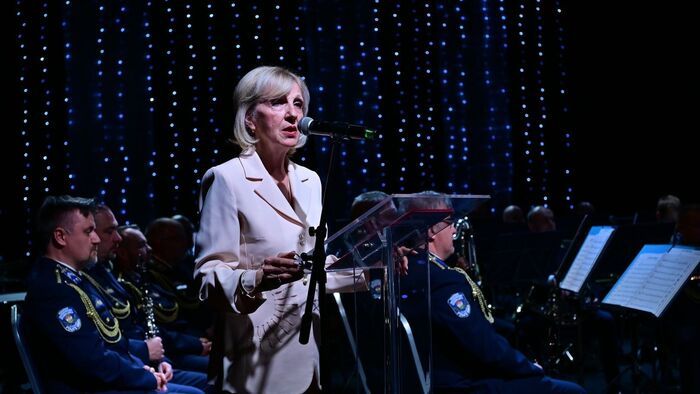

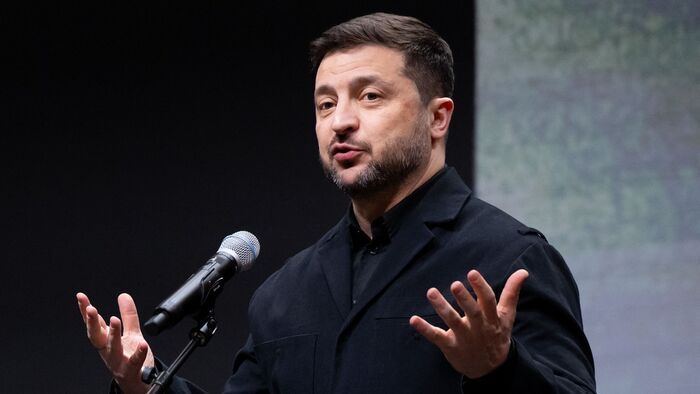
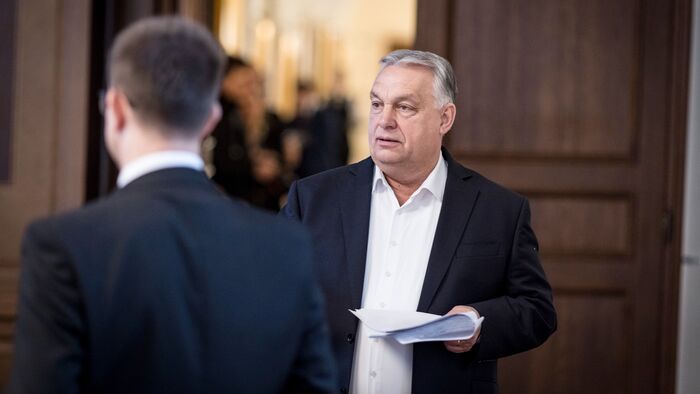

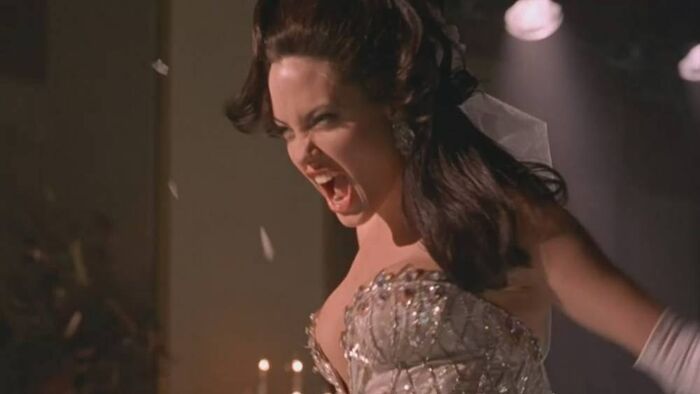
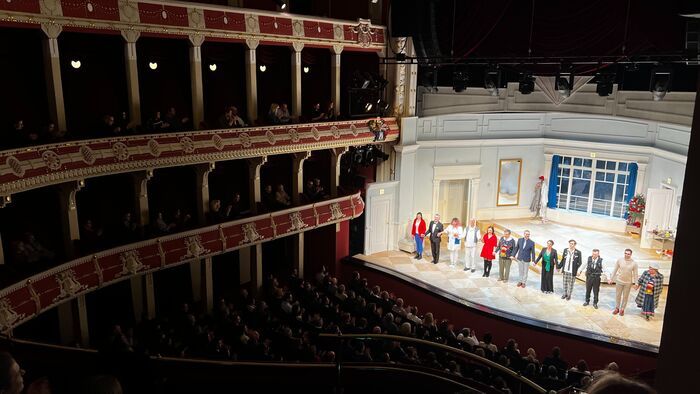
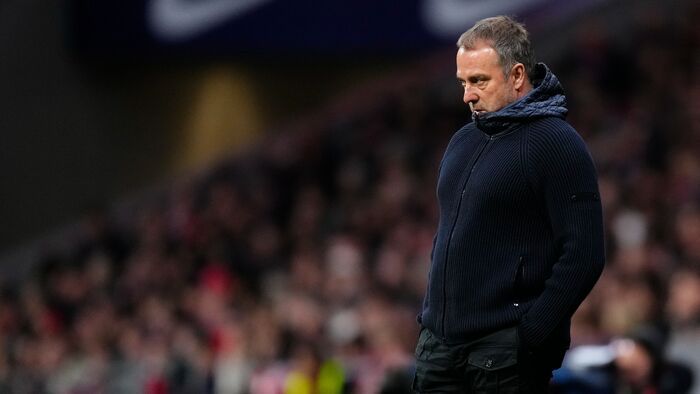

Szóljon hozzá!
Jelenleg csak a hozzászólások egy kis részét látja. Hozzászóláshoz és a további kommentek megtekintéséhez lépjen be, vagy regisztráljon!